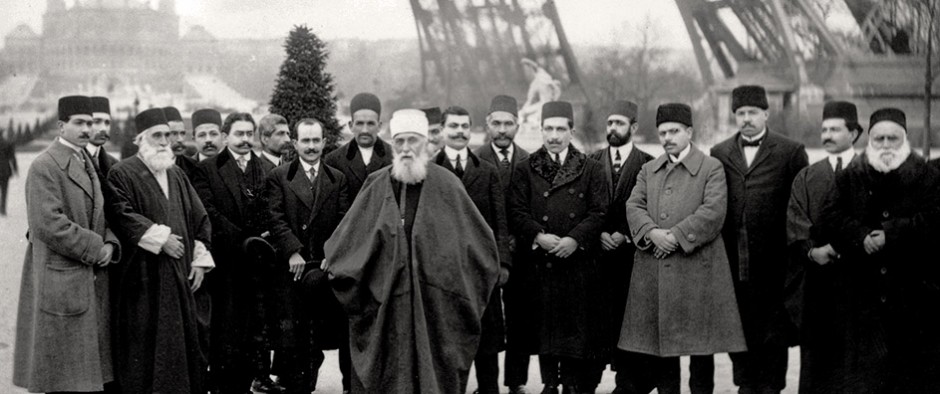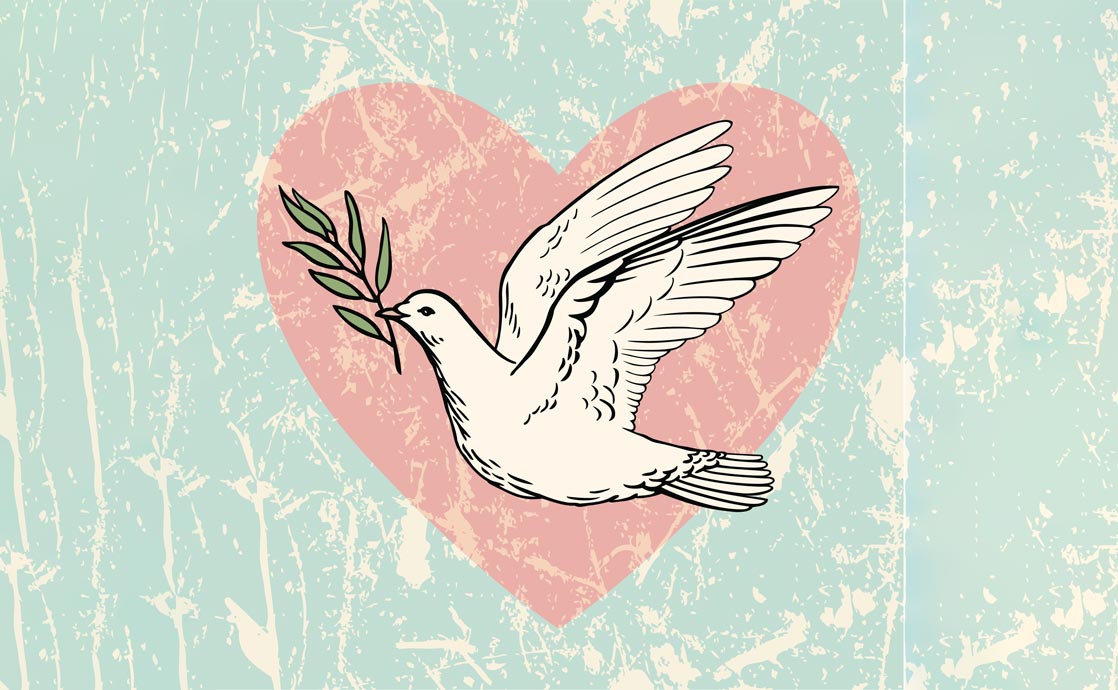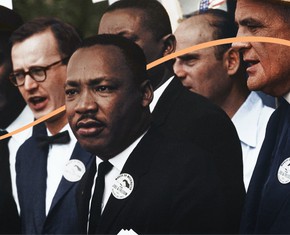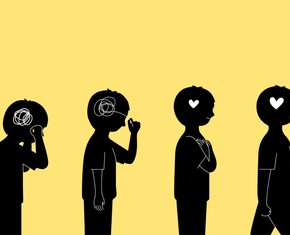The views expressed in our content reflect individual perspectives and do not represent the authoritative views of the Baha'i Faith.
For the second time in a year, the Ottawa Baha’is and their like-minded friends recently benefited from the insights of a former member of the Baha’i Universal House of Justice, Dr. Firaydoun Javaheri.
Dr. Javaheri first spoke to our Baha’i community on current conditions in the world in a sweltering pre-pandemic lecture theatre at the University of Ottawa — we shook hands! Hugged! Listened and perspired, packed shoulder to shoulder!
The times now being what they are, his most recent talk happened on Zoom.
Originally from Iran, Dr. Javaheri trained as an agronomist, then made a pioneering move to Africa where he worked in several nations, primarily The Gambia and Zambia, finally as technical director for the Food and Agriculture organization of the United Nations. As a volunteer activist, he was in the forefront of the Baha’i community’s growing efforts in social and economic development and served on elected local and national councils — Baha’is call them “Spiritual Assemblies” — and subsequently as an appointed “Counsellor” for the African continent. In his 50s, he was then elected to serve as a member of the Universal House of Justice, and did so for three 5-year terms, living and working on Mount Carmel in Haifa, Israel, where the Baha’i World Centre is located. Now retired, he lives in southern Ontario, Canada, where he has family ties.
(Israel, you say? A historical accident, the center of the Baha’i world is located near where Baha’u’llah is buried. He died, after 40 years in exile and imprisonment for proclaiming the Baha’i teachings, in the then-Turkish Empire outpost of Akka/Haifa — which later was ruled by Palestine, and is now ruled by Israel. Baha’u’llah’s family members and followers established his Faith’s operational center long before the state of Israel existed.)
As you might imagine, members and former members of the Universal House of Justice receive great respect from the Baha’is when they meet. After all, they serve, or once served, on the supreme body that administers the Baha’i world community. Yet the members themselves show great humility, shunning any form of special treatment and, especially, refusing any suggestion of a special rank or authority as individuals. It’s another amazing characteristic of the Baha’i system: Someone like Dr. Javaheri characteristically speaks of the Universal House of Justice as an entity entirely separate from himself. There is no “we” or “I contributed this to the decision,” but rather a total sense of detachment from the House of Justice as an institution. Members insist on speaking only as individuals, like any other believer, in a spiritual culture that has no clergy or formal personal leadership.
I have heard current and former Universal House of Justice members speak on several occasions, and what I’ve never heard is “the inside story” or the taking of any personal credit. The only authority comes from the consultative deliberations of the group as a body; individual members claim no special status or insight. Their opinions remain only individual opinions.
So what did this highly esteemed but deeply humble individual have to say?
Dr. Javaheri discussed the state of the planet. He noted that the human race, as 2019 turned to 2020, and led largely by young people, was finally focusing in a massive way on the threat posed by climate change. Yet just as this wave of attention and concern was achieving a critical mass, a global pandemic arose. Climatic disruption didn’t go away, though a widespread economic slowdown did cause breathing to become easier in many major cities. But as the novel coronavirus spread, and the response to this second international crisis deepened, the “inhuman act” of George Floyd’s murder caused “unprecedented global outrage” over longstanding racial injustices and indignities. In an emergency piled upon planetary emergencies, Dr. Javaheri put it this way: “Humanity is demanding the establishment of a process that will institute true racial equality in the world.” But there is more. In all of these crucial spheres, “People are demanding a more united world.” Or, as Abdu’l-Baha said in a talk he gave in Paris:
Our greatest efforts must be directed towards detachment from the things of the world; we must strive to become more spiritual, more luminous, to follow the counsel of the Divine Teaching, to serve the cause of unity and true equality, to be merciful, to reflect the love of the Highest on all men, so that the light of the Spirit shall be apparent in all our deeds, to the end that all humanity shall be united, the stormy sea thereof calmed, and all rough waves disappear from off the surface of life’s ocean henceforth unruffled and peaceful.

We have seen this before. In the aftermath of both World Wars, for example, humanity made efforts to create international order — the League of Nations, the United Nations — but each time, nations and leaders stopped well short of the necessary measures to truly unite the human race. The end of the Cold War offered a similar promise, and institutions like the U.N. set many humane goals as the new millennium began, but these have largely been ignored and remain unachieved.
Many obstacles have slowed or stopped the realization of the age-old dream of peace and harmony, but most clear is the gross imbalance between our levels of attention to the spiritual, ethical, and moral dimensions of human life, as opposed to the material ones. Collectively, we’re like a bird trying to soar on only one wing. We flutter upward, then fall.
So what are the particular remedies for the crises we’re currently swirling in, and for all the world’s ills? Dr. Javaheri prescribed several, directly from the Baha’i teachings: the renunciation of racial and other biases; revitalized concepts of leadership; greater appreciation for the power of relationships and of the growth capacity within our local neighborhoods; an awareness of how consumerist attitudes and practices distort our efforts to address global problems; and, above all, a more active recognition of the oneness of humankind.
To Baha’is, and increasingly to high-minded people everywhere, such prescriptions form the true foundations of all genuine progress. All of them are central to Baha’u’llah’s 19th-century proclamation of humanity’s needs in this era of rapid change. Today, humanity is widely and well aware of these principles. So how do we assist in humanity’s efforts to overcome its weaknesses on the path to global integration, to a true marriage of spiritual and material progress? In the next essay in this series, we’ll explore that crucial question.
















Comments
Sign in or create an account
Continue with Googleor